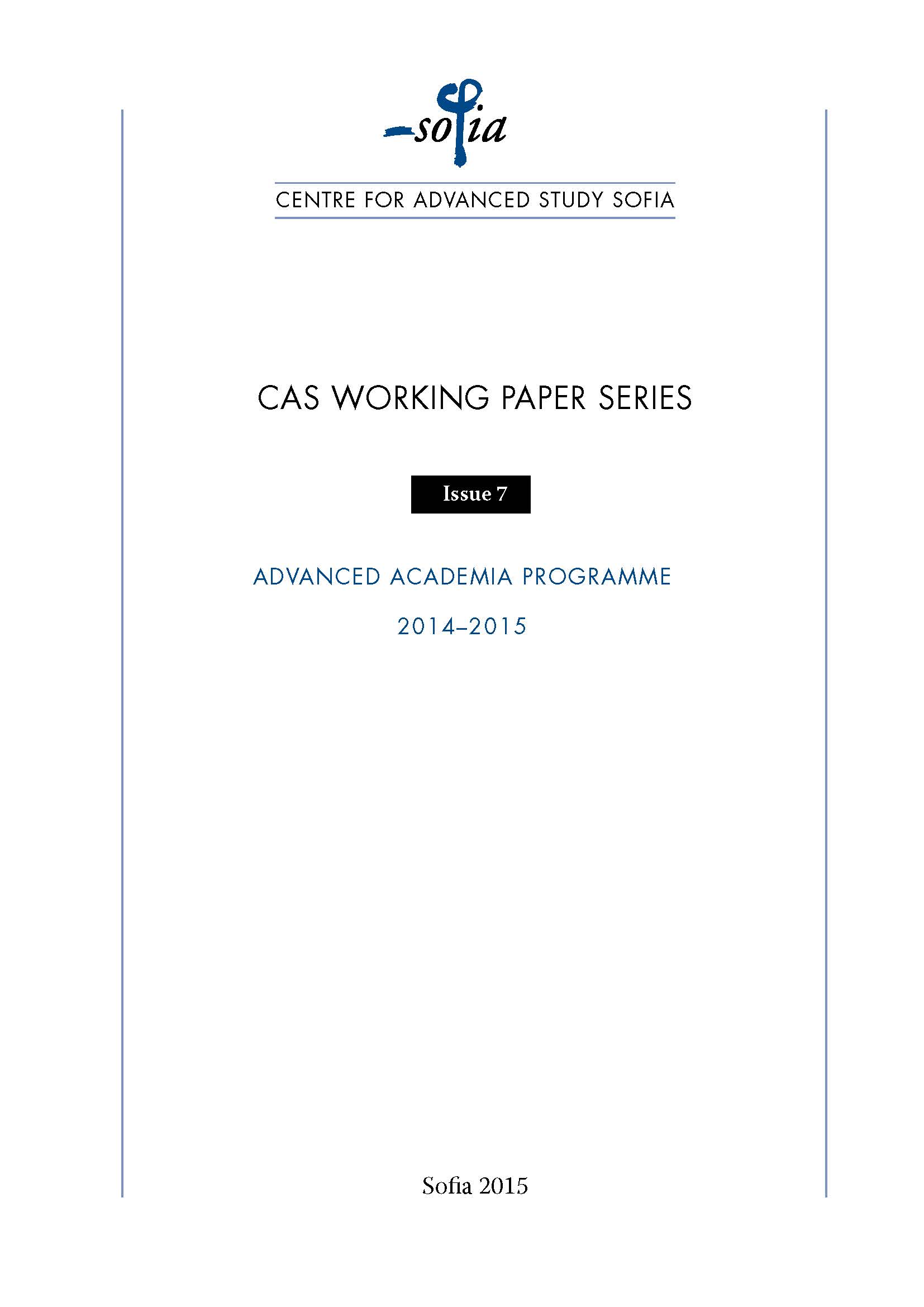Posing Risk: A Case for Criminalization
Posing Risk: A Case for Criminalization
Author(s): Adriana PlacaniSubject(s): Politics / Political Sciences, History, Social Sciences
Published by: Centre for Advanced Study Sofia (CAS)
Summary/Abstract: Beginning at least with the events of 9/11, the growth of terrorist activity has elicited a type of legal response from governments that may be described as prophylactic criminalization. Measures of this sort allow a state to intervene at early stages of potentially harmful activities in order to prevent their actualization into harm. Notable examples include: U.S.A.’s Patriot Act, 2001 and 2006; The Homeland Security Act, 2002; Britain’s Anti-Terrorism, Crime and Security Act, 2001; the Prevention of Terrorism Act, 2005; the Terrorism Act, 2006; and the Counter- Terrorism Act, 2008. One rationale underlying the examples above is pre-emption. This rationale also undergirds a variety of inchoate and pre-inchoate offences, such as attempts, conspiracy, solicitation, and possession (e.g., of firearms, drugs, and explosives). The aim of harm prevention, which is the prevention of harm that may come about in the future, is a common justificatory thread uniting these illustrations. States make criminal those actions that are said to risk harm, and they do so for the purposes of preventing that harm from occurring.
Journal: CAS Sofia Working Paper Series
- Issue Year: 2015
- Issue No: 7
- Page Range: 1-17
- Page Count: 17
- Language: English

